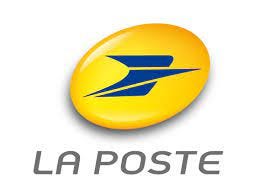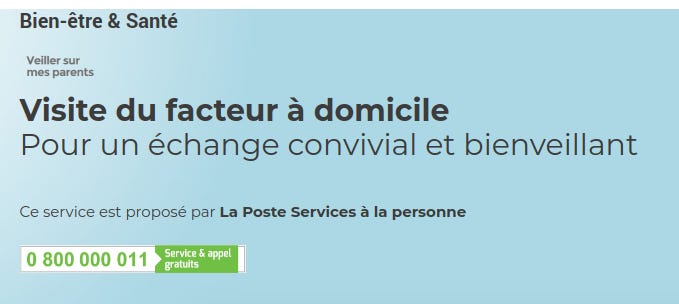This week we are filing and paying taxes in France. I think we’re late paying for the last quarter of 2021, but such is life. French taxes are probably no more complicated than Canada’s but the process and the details are decidedly different. Once I have a firm understanding of those things I may write about them.
Instead I marvel how France on one hand has an amazing and simple regime for small business called the “Auto-entrepreneur” that aims to greatly simplify every aspect of getting your new business off the ground. That includes a quarterly tax report hat involves logging into the auto-entrepreneur site and entering one number for your income, and the IBAN number for your bank account, and everything else is handled automatically.
(Disclaimer: I may be missing a few things, and this all could come back to bite me, but thus far it seems great.)
Despite great on-line tools, the likes of which Canada will likely never see, the truth is that France’s bureaucracy still relies heavily on paper. Relies on? Hell no, they love paper.
In the last five months there hasn’t been week when we didn’t received an envelope form one part or another of the French government. Just reading, understanding, and filing them all takes more time than we would prefer, but ultimately it all seems to make sense, and all of the bits seem to fit together.
What’s truly astonishing though to a Canadian is that all of these letters and notices are nice. They are friendly. Almost every one of them has the name of the person sending them.
And if when you mail back your forms you make a mistake, or are missing some piece of paper, they don’t just reject you or lecture you, they tell you what’s wrong, and how to fix it, and they do it politely and with respect. I keep feeling that I’m dealing with a person, not a faceless bureaucrat.
All of this of course means using La Poste. Arguably La Poste is the glue that holds all of France together. It is a postal service, a package delivery service, a bank, and so, so much more.
In Canada and the US there has been a decades long campaign to cripple the post office. Instead of describing it as a critical service that governments should provide, it has been pilloried as a waste, and an extravagance, and the dialogue invariably is about how to do more with less money, and to argue that really taxpayers shouldn’t be paying for it.
That’s why the government of Canada has eliminated just about all post offices in favour of the understaffed counter that you find in the corner of a Shoppers Drug Mart or 7-11 store, and it explains why Canada’s postal service is so slow, and unreliable, and why for many people it has simply been abandoned — it’s just is too much hassle for too little value.
The campaign to move everyone away from paper statements and reporting to on-line has been intense, and most people have succumbed. Instead of an envelope once a month you now get endless e-mails — most of which are marketing, not useful information — or you spend too much time fighting past two-factor identification to access a web site that often doesn’t actually tell you what you need to know.
The lack of a properly funded and supported post office hurts Canadians, but because no-one thinks of mail delivery as regular, daily happening, it also eliminated the chance for other services that Canadians could be enjoying.
Here’s one example of a service that La Poste offers, that Canada really would benefit from.
In a nutshell, for a relatively small fee (starting at 19.99 € a month) your elderly parent’s letter carrier, who they likely already know well, can check on them a few times each week to see how they’re doing.
That is the kind of simple and helpful service that we would have loved to have had for my Mom when she was still living at home.
That kind of thing is a lot of the reason why I’m appreciating the quality of life in France, why I have no complaints about paying my taxes, and why it feels like a good place to grow old. I like being in a country where the government believes that its role is to serve, protect, and care for its citizens, instead of seeing all of those as an imposition, or an area where cost-cutting is the only possible option.
Or where those areas that show signs of profit can be cherry-picked by the private sector.







Bravo, France! I imagine this helps reduce national health care costs some as well (another thing I'd love to see you write about) ... 👌🏻 "In a nutshell, for a relatively small fee (starting at 19.99 € a month) your elderly parent’s letter carrier, who they likely already know well, can check on them a few times each week to see how they’re doing."